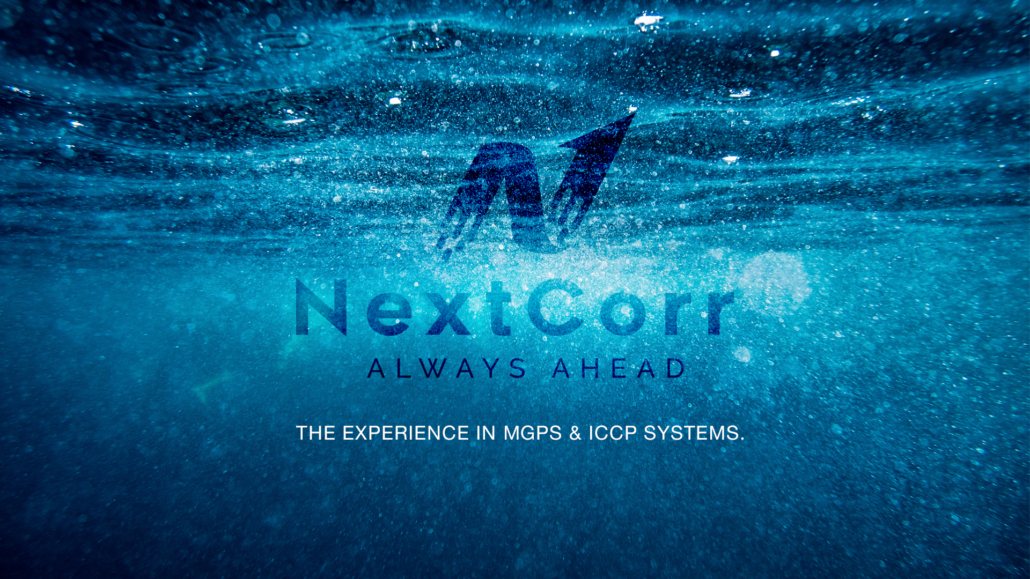WHAT IS CORROSION PROTECTION?
Corrosion protection for ships refers to the methods and techniques used to prevent or slow down the deterioration of metal surfaces of ships due to the chemical or electrochemical reactions with the environment. It is important to protect ships from corrosion, as this can affect the performance, safety, and longevity of ships.
Corrosion protection for ships can take many forms, depending on the type of ship, the environment, and the specific requirements of the shipping industry. Some common methods of corrosion protection for ships include:
Antifouling paint: Applying specialized antifouling paint to the hull of a ship can prevent the attachment and growth of marine organisms. These paints typically contain biocides that release slowly over time to prevent the growth of organisms.
Sacrificial anodes: Sacrificial anodes, also known as cathodic protection anodes, are a key component of marine growth prevention systems. They are designed to corrode preferentially to the metal they are protecting, such as the ship’s hull or other underwater metal structures, such as propellers and trim tabs.
Electrochlorination: Electrochlorination uses electrical current to produce chlorine on the surface of the ship’s hull, which prevents the attachment and growth of marine organisms.
Ultrasound: Ultrasound devices can emit sound waves that discourage the attachment and growth of marine organisms on the hull.
Coating Systems: It’s important to maintain ship’s coating to ensure that the paint is in good condition. This means that the paint should be clean, free from defects, and should have the appropriate thickness to provide the necessary protection. Surface preparation is also key, this is to clean the surface, remove the marine growth, and apply the appropriate coating to protect the ship’s hull from corrosion.
Regular maintenance and inspections: It is important to have regular maintenance and inspections for ships, this means that it’s important to check and clean any places that are difficult to access and to look for signs of corrosion, such as rust or pits in the metal. Any areas that show signs of corrosion should be addressed promptly to prevent further deterioration.
Overall, corrosion protection for ships is a crucial aspect of ship maintenance, to ensure the safety, performance, and longevity of ships.
Proper selection of the appropriate methods and regular maintenance and inspections is essential to ensure that the ship’s hull is protected against the harsh marine environment. It’s advisable to consult with experts in marine corrosion protection to determine the best approach for your specific needs and environment.
NextCorr is a reliable and experienced partner that provides advanced technology, expert consultation, and complete solutions for cathodic protection and marine growth prevention.
NEXTCORR: SU SOCIO EN SISTEMAS DE PROTECCIÓN CONTRA LA CORROSIÓN.
NextCorr offers a range of impressed current cathodic protection (ICCP) systems that are designed to be fitted on a variety of vessels, including commercial and cruise ships, fast ferries, naval vessels, fishing vessels, and luxury yachts. These systems use electric current to prevent corrosion on the metal surfaces of these vessels. The company’s anode range is designed to be lightweight, easily changed by diver, and produce a high output from a small footprint, which can be advantage in terms of high performance and ease of installation.
Additionally, they offer Bow & Stern Thruster Tunnel Protection which is a unique system to eliminate corrosion in those specific areas of ships.


